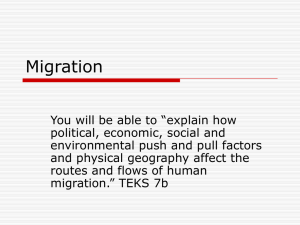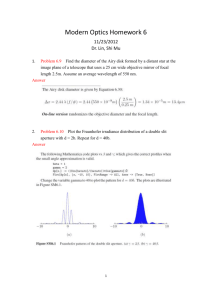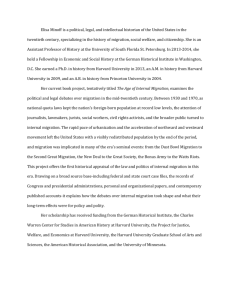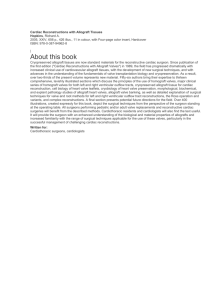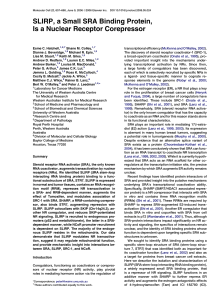O22 Slit2 impairs monocyte chemotaxis and renal expression is
advertisement
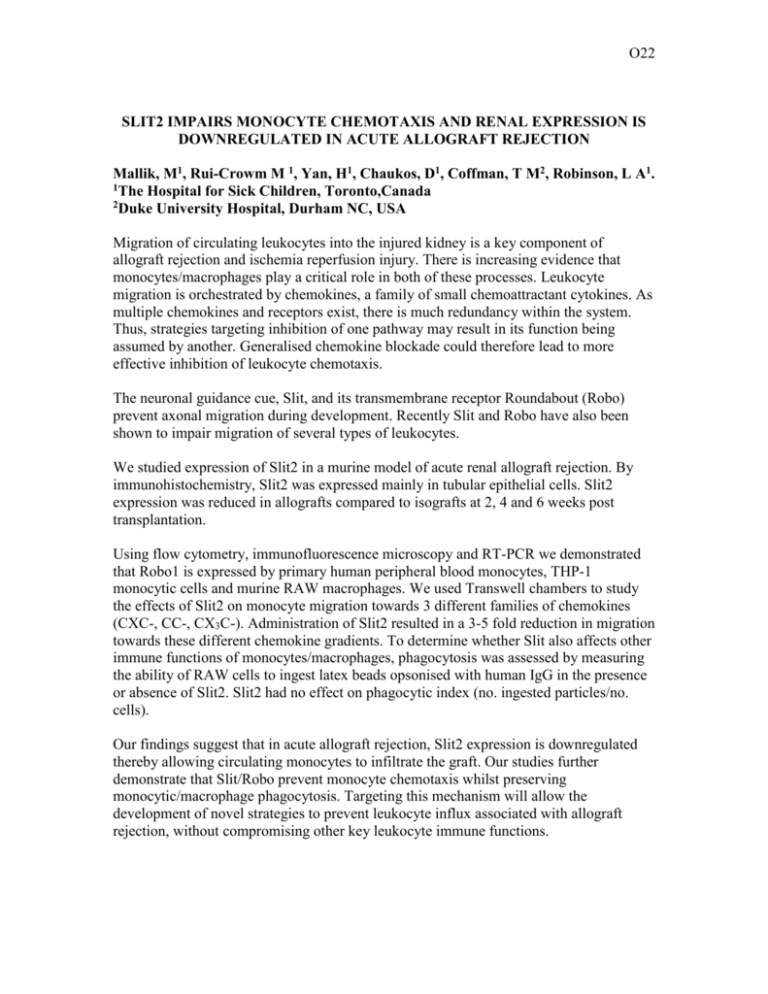
O22 SLIT2 IMPAIRS MONOCYTE CHEMOTAXIS AND RENAL EXPRESSION IS DOWNREGULATED IN ACUTE ALLOGRAFT REJECTION Mallik, M1, Rui-Crowm M 1, Yan, H1, Chaukos, D1, Coffman, T M2, Robinson, L A1. 1The Hospital for Sick Children, Toronto,Canada 2Duke University Hospital, Durham NC, USA Migration of circulating leukocytes into the injured kidney is a key component of allograft rejection and ischemia reperfusion injury. There is increasing evidence that monocytes/macrophages play a critical role in both of these processes. Leukocyte migration is orchestrated by chemokines, a family of small chemoattractant cytokines. As multiple chemokines and receptors exist, there is much redundancy within the system. Thus, strategies targeting inhibition of one pathway may result in its function being assumed by another. Generalised chemokine blockade could therefore lead to more effective inhibition of leukocyte chemotaxis. The neuronal guidance cue, Slit, and its transmembrane receptor Roundabout (Robo) prevent axonal migration during development. Recently Slit and Robo have also been shown to impair migration of several types of leukocytes. We studied expression of Slit2 in a murine model of acute renal allograft rejection. By immunohistochemistry, Slit2 was expressed mainly in tubular epithelial cells. Slit2 expression was reduced in allografts compared to isografts at 2, 4 and 6 weeks post transplantation. Using flow cytometry, immunofluorescence microscopy and RT-PCR we demonstrated that Robo1 is expressed by primary human peripheral blood monocytes, THP-1 monocytic cells and murine RAW macrophages. We used Transwell chambers to study the effects of Slit2 on monocyte migration towards 3 different families of chemokines (CXC-, CC-, CX3C-). Administration of Slit2 resulted in a 3-5 fold reduction in migration towards these different chemokine gradients. To determine whether Slit also affects other immune functions of monocytes/macrophages, phagocytosis was assessed by measuring the ability of RAW cells to ingest latex beads opsonised with human IgG in the presence or absence of Slit2. Slit2 had no effect on phagocytic index (no. ingested particles/no. cells). Our findings suggest that in acute allograft rejection, Slit2 expression is downregulated thereby allowing circulating monocytes to infiltrate the graft. Our studies further demonstrate that Slit/Robo prevent monocyte chemotaxis whilst preserving monocytic/macrophage phagocytosis. Targeting this mechanism will allow the development of novel strategies to prevent leukocyte influx associated with allograft rejection, without compromising other key leukocyte immune functions.

